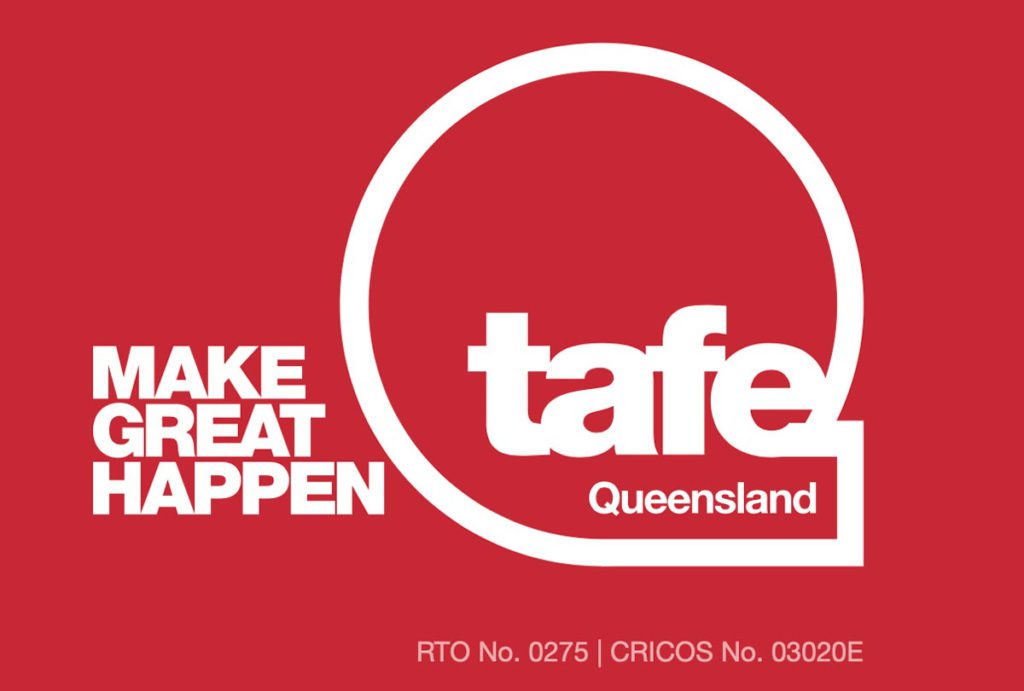As an international student, one of the best things about living and studying in Australia is having the freedom to work while you study.
The minimum wage in Australia is higher than in many other countries – including Canada, the US and the UK – and there are fewer restrictions on where you can find work. From 1 July 2023, you’ll be able to work up to 48 hours per fortnight and unlimited hours during study breaks.
Depending on where you’re studying you may be looking for jobs in regional Australia. In this guide, we explore the types of part-time jobs on offer in regional areas – particularly regional work in Queensland – and what you need to know before pursuing this kind of employment.
What is considered regional work?
Regional areas in Australia are locations outside the major metropolitan cities of Sydney, Melbourne and Brisbane. They are classed as designated regional areas for migration purposes and can be a good place to find job opportunities, as businesses in regional areas need seasonal and regional workers.
When applying for jobs in regional Australia, think about the type of job you would like to do and the skills you have to offer. Use these criteria to guide your search for opportunities near you in that field of work.
You may also want to explore jobs experiencing skill shortages, as these roles are in consistently high demand. Because these roles are highly sought after, you not only have a better chance of finding a part-time job but maybe even a full-time role in the future.
Jobs in regional Australia
The jobs on offer in regional areas don’t differ too much from those in the biggest metropolitan areas.
It’s worth researching your study destination to see which industries are most prominent. For example, farm work in Queensland is abundant across the state, particularly in roles related to fruit harvesting (planting, picking and packing), livestock, grains, cotton and more. Regions like Bundaberg, Caboolture and Rockhampton are particularly well-known for being agricultural hubs. If you would like to know more about what farming work is available in Australia, check out our guide here.
On the other hand, in more metropolitan (but still regional) areas of Queensland, you might find that hospitality and tourism jobs are more in-demand. Because the Sunshine State welcomes so many tourists – 21 million in the year ending in March 2022 – they need workers to maintain these industries. That means the roles are vast and varied. For instance, regional work in Cairns or on the Gold Coast could involve anything from working as a barista in a café to acting as a tour guide.
Additionally, most regional areas have health care and aged care facilities that are always looking for assistance in caretaking tasks, kitchen work, or cleaning. Pursuing part-time work in these sectors can lead to a lucrative long-term career, particularly since the government is boosting wages for aged care workers in 2023-24.
How long can I do regional work in Australia?
Since both part-time and casual jobs are readily available in regional areas, it is important to know what your options and availability are as an international student.
Part-time work involves working less than 38 hours per week (but remember, the maximum for international students is 48 hours per fortnight as of 1 July 2023) in a regular pattern of hours. Part-time workers get entitlements, such as annual and personal/carer’s leave on a pro-rata basis – this means that it is based on how many hours they usually work.
Casual workers are not guaranteed a certain number of hours each week, but will usually get a casual loading (an extra percentage added to their rate of pay) instead of entitlements.
Where to look for jobs in regional Australia
Websites such as SEEK, Indeed and Jora are all helpful when starting your job search. Most of the time, you can apply for positions directly through each website.
The Queensland Government also has its own Smart Jobs tool you can use to find work in specific areas and industries.
You can also explore regional, agriculture-specific job search platforms like Ag Jobs Queensland, the Harvest Trail via Workforce Australia and Pick Paradise. Explore more farm work opportunities in Queensland here.
To find hospitality and tourism jobs in Queensland, check out Work in Paradise.
Lastly, approaching employers in person and introducing yourself can make a good first impression, and they are more likely to remember you. Meanwhile, don’t forget to chat with other international students about their experiences and ask questions about how to do regional work. You can gain insights on what to expect and how to prepare yourself for the job.
Your pay
The minimum wage in regional areas is exactly the same as in metropolitan areas – $21.38 per hour (plus a minimum 25 per cent loading for casual employees). Because of this, tipping is not mandatory in Australia; workers are paid a liveable wage without having to work for tips.
Best of all, the cost of living in regional areas tends to be lower than in Australia’s major cities, which means while you’re making the same amount of money, your earnings will go further and it will be easier to save.
Things to note when looking for jobs in regional Australia
- Public transport: Depending on where you are in regional Australia, getting to and from your place of work can be a little more difficult as public transport may not run as frequently. If you know that you will be working at night, make sure you have established a safe way to get home.
- Seasons: Many regional Australian workplaces – particularly in retail, agriculture, and farm work – operate in ‘seasons’. If you are a casual worker, you’ll likely work more hours during busy periods (national holidays, summer and school holidays). During slower periods, you should expect fewer hours.
- Your rights: You have exactly the same rights in regional areas as workers in metropolitan areas. For details on your rights as an international student, check the Fair Work Ombudsman website.
- Skills and certifications: Make sure you are aware of the certifications or clearances required for the job. For example, your RSA or a first-aid certificate.
At TAFE Queensland, you can get the training you need to stand out in Australia’s regional workforce. With certifications available in a wide range of in-demand industries – including healthcare, business and IT, and education – it’s the perfect place to gain the knowledge and skills required to thrive in your career. Learn more about training at TAFE Queensland today.






